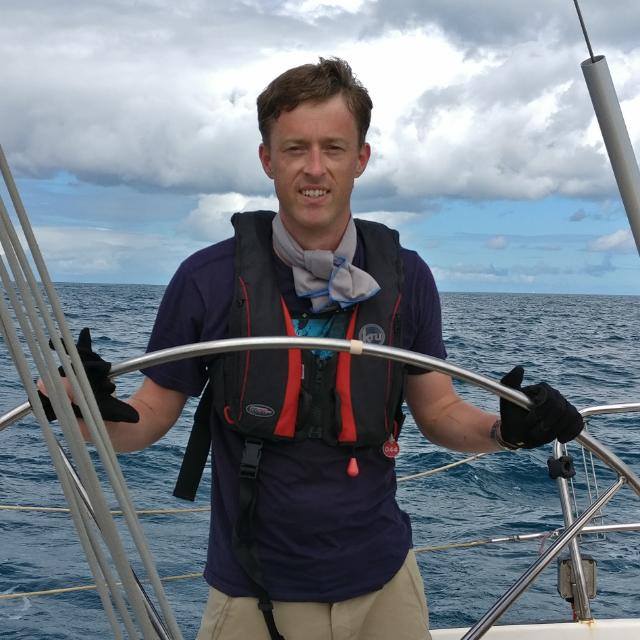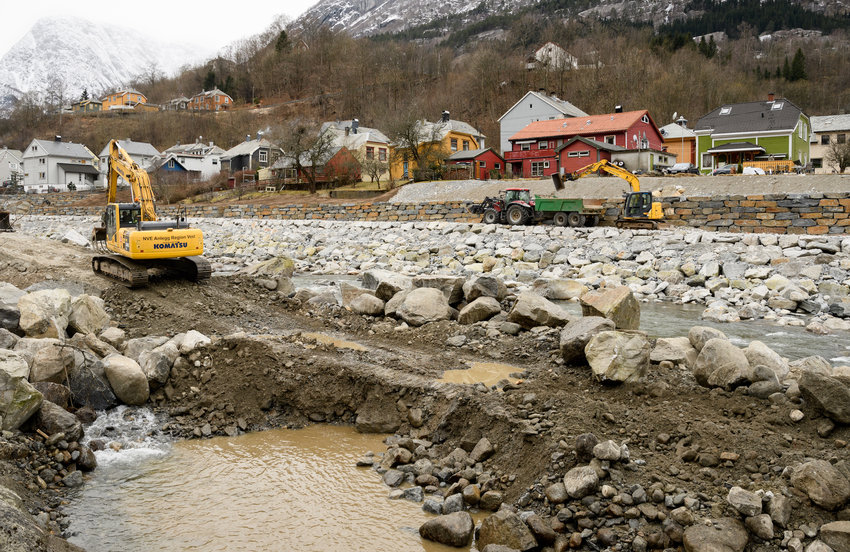“5 questions” is a series that gives you as a reader some insight into the people in and around Climate Futures. This time, we have talked to Roar Ådland, professor at NHH, who is the leader of the Smart Shipping node.

Can you tell us a bit about your background?
My background is a mix of technology (NTNU, MIT) and business economics (NHH), exclusively within international shipping. I have spent about half of my career so far abroad, both in academia in Hong Kong and private sector in London, as a shipping analyst and a portfolio manager of a hedge fund. Since 2012, I have been employed in a gift professorship in shipping economics at NHH.
What is your role at NHH?
I am a teacher and researcher within international shipping and other related areas, like commodity trading. Additionally, I try to get external funding for new projects in close collaboration with the maritime industry, including participation in the SFI Climate Futures.
In what way are you/your organisation involved in Climate Futures?
The group at NHH primarily researches how climate risk should be considered in decision making, both for society in general and in specific industries or businesses. For example, we know that climate change will greatly affect the risk exposure of insurance companies, banks and pension companies. In my field – shipping – there are also definitely big changes coming, for example as a result of a reduction in the demand for fossil fuels like coal and oil. In the shipping node, we focus on these kinds of macro issues, but also on important correlations on a micro-level, like for instance the correlation between weather and a ship’s energy consumption.
What do you like best about your job?
I think the close collaboration with businesses in the industry is the most exciting thing about my participation in the SFI Climate Futures. However, it is also rewarding to see that our competent master students at NHH can make a difference and develop models that can be used by our partners.
What do you think about the possibilities that can come out of Climate Futures?
I think it is important to show the impact of climate change and to make our partners aware of climate risk, and that there is great potential for actually implementing the research we do in practice with the individual partner. That is good for us and good for their bottom line.

